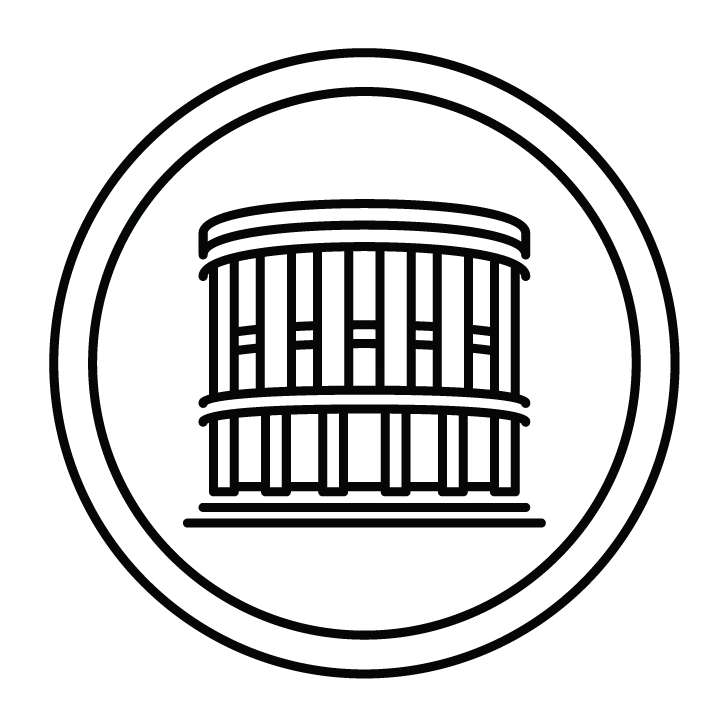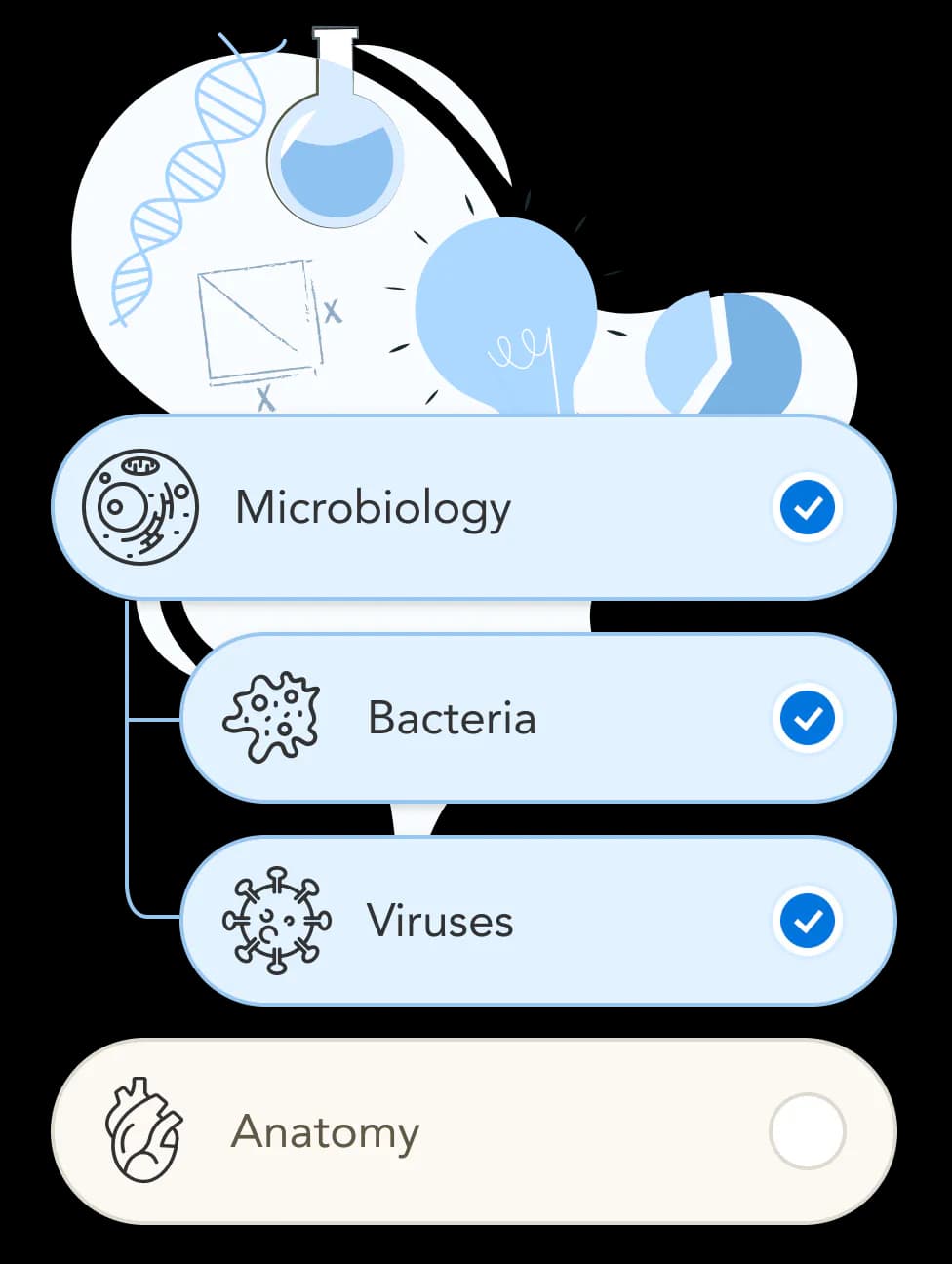Are you passionate about healthcare and drawn to the field of medicine? Consider studying medicine in Slovakia, a country known for its excellent medical education system and high standards of healthcare.
With a rich cultural heritage and modern infrastructure, Slovakia offers a unique and welcoming environment for aspiring medical professionals. Whether you dream of becoming a medical doctor or pursuing a specialized field within medicine, Slovakia's universities provide comprehensive academic programs and practical training opportunities to equip you with the necessary skills and knowledge.



Explore the extensive range of medical faculties, research centers, and hospitals, where you can gain hands-on experience and make a real impact on patients' lives.
Embark on this fulfilling journey of studying medicine in Slovakia, and join the ranks of dedicated healthcare professionals making a difference in people's well-being.
🇸🇰Why Study Medicine in Slovakia?
You can fulfill your dream of becoming a doctor in medicine or dentistry at numerous renowned universities in Slovakia. Without a doubt, Slovakian Universities offer a high-quality education with affordable tuition fees and low costs of living.
Advantages of Studying Medicine in Slovakia:
- Low entry requirements
- Affordable tuition fees
- High-quality education in English language
- Modern facilities, hospitals & clinics with many opportunities
- Prime location for travelling through Europe
- Internationally recognized Degree - MUDr. (medicine) /MDDr. (dentistry)
- Low costs of living
Popular Medical Degrees to Study & University Rankings in Slovakia
Slovakian Universities are well known across the globe for their international and highly recognized programs.
In terms of studying medicine or dentistry, Slovakian Universities rank among the top universities in the country.
| Medical University | Annual Tuition Fee | Medical Programs |
|---|---|---|
| Pavol Jozef Safarik University in Kosice | 11,000 Euro | Medicine, Dentistry |
| Jessenius Faculty of Medicine | 10,900 Euro | Medicine |
| Comenius University in Bratislava | 10,500 Euro | Medicine, Dentistry |
📚Entry Requirements to Study Medicine in Slovakia
To become a medical doctor in Slovakia, Universities require A-level Graduation with no specific grades or courses. Moreover, Slovakian Universities rely on an entrance admission test. Your spot at Slovakian Medical University only depends on your admission test result.
Therefore, it is important to prepare properly for the entrance exam, which will contain multiple-choice-questions in Biology and Chemistry. Our medSheep preparation course will provide you with original exam questions for the upcoming entrance exams, provided by the universities' student offices. Study flexible in terms of time and wherever you have a mobile device to start our medSheep learning program.
Non-native English speakers may sit an English language exam to ensure proficiency in English. To ensure basic language skills in treating Slovakian patients at the universities' hospitals, Slovakian Medical Universities provide a mandatory Slovakian language course. However, your Medical Professors will translate Slovakian Patients in English language.
Formal Admission entails submitting translated and legalized application documents. medSheep will check on your documents to meet formal admission criteria and we will assist you in terms of legalizing and submitting your documents to the universities.


📝Student Visa & Application Process
The application process for Slovakian Medical Universities involves submitting the necessary documents:
- Translated and legalized High school diploma
- Completed Application form
- Health certificate from your local physician
After submitting all documents, you have to choose the entrance exam you want to take part in.
💰Living Costs and Tuition Fees in Slovakia
The costs of living as a medical student in Slovakia can vary depending on several factors such as accommodation choice, lifestyle, and location. Here are some key points regarding the costs:
💰 Tuition Fees:
Medical Universities in Slovakia charge between 9,000 - 11,000 Euro of tuition fees per academic year.
🏠 Accommodation:
The cost of accommodation will depend on whether you choose to live in a dormitory, rent a private apartment, or share the cost with roommates. Dormitories are usually more affordable, ranging from around €100 to €300 per month, while private apartments can cost between €300 and €600 per month, depending on the location.
📋 Living Expenses:
The cost of living in Slovakia is generally moderate. On average, a student can expect to spend between €400 and €800 per month, which includes expenses like food, transportation, utilities, internet, and entertainment. However, this can vary depending on personal choices and habits.
🩺 Health Insurance:
As a medical student, you will need to have health insurance coverage. EU students can usually obtain the European Health Insurance Card (EHIC), which provides access to healthcare services in Slovakia. For non-EU students, it is necessary to obtain insurance coverage separately, and the cost may vary depending on the provider.
📚 Study Materials:
The costs associated with study materials, such as textbooks and medical equipment, can vary depending on the specific requirements of your program. However, you should budget for these additional expenses.
🚀Residency and Career Opportunities
After studying medicine or dentistry in Slovakia, you would have several career options.
Here are some possibilities:
- Medical Doctor/Physician: You can work as a general practitioner or specialize in a specific area such as pediatrics, surgery, cardiology, psychiatry, etc.
- Dentist: You can work as a general dentist, providing standard dental services to patients, or specialize in areas like orthodontics, periodontics, endodontics, oral surgery, etc.
- Hospital Careers: You can work in hospitals as a medical or dental professional, treating patients, conducting surgeries, managing wards, or working in emergency departments.
- Research and Academia: You can pursue a career in research, working at universities, medical institutes, or pharmaceutical companies, conducting studies, publishing research papers, and contributing to advancements in healthcare.
- Public Health: You can work in public health organizations or government agencies, focusing on disease prevention, health education, policy-making, or epidemiology.
- Health Administration: You can work in healthcare management, overseeing operations in hospitals, clinics, or other healthcare facilities.
- Medical Specializations: There are various subspecialties in medicine or dentistry that you can further specialize in after completing your primary degree, such as neurology, radiology, endocrinology, prosthodontics, etc.
- Private Practice: You can set up your own private medical or dental practice, independent of any institution, and provide healthcare services directly to the patients.
- International Opportunities: With your degree, you can explore opportunities to work abroad, either in other European countries or globally, in various healthcare settings.

